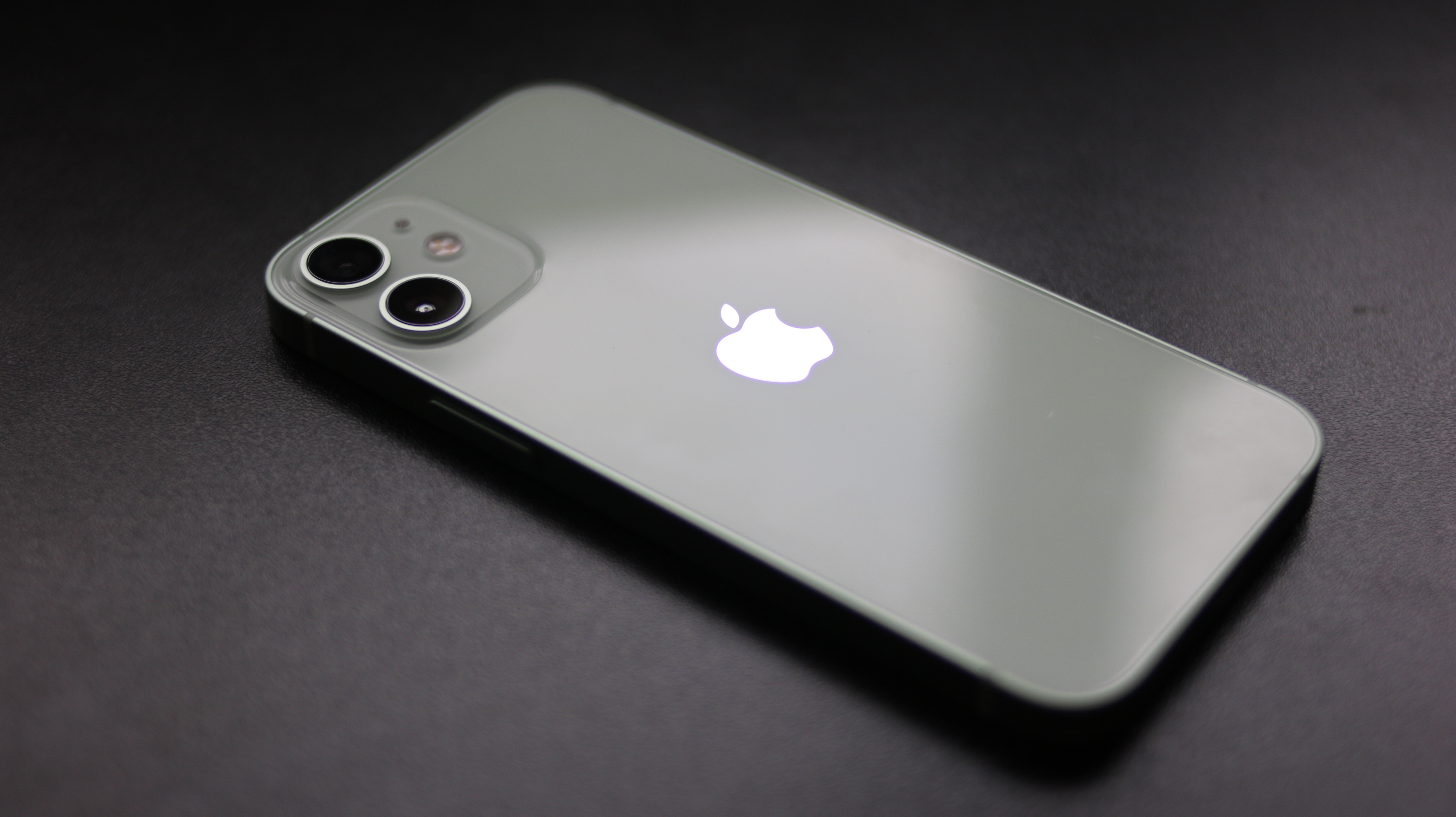Apple’s iPhone 14 launch is a mini disappointment
Poor sales and a shrinking global economy might have killed off the best iPhone of our generation


Sign up today and you will receive a free copy of our Future Focus 2025 report - the leading guidance on AI, cybersecurity and other IT challenges as per 700+ senior executives
You are now subscribed
Your newsletter sign-up was successful
The iPhone 12 mini took us all by surprise when it launched in 2020 – with Apple finally revisiting a smaller form factor. It then attracted an almost cult-like following over the next two years – so much so that some of us are devastated it hasn’t returned a third time with the launch of the iPhone 14.
For me, specifically, the mini was like having the iPhone 5c again; a small affordable iPhone that came in pretty pastel colours and actually fitted in my pocket. The 5.4in iPhone 12 Mini was literally a miniaturised iPhone, in that nothing was really taken away to make it so. It had a slightly smaller battery and obviously, the screen was reduced, but everything else – cameras, processor, software – was exactly the same.
In this age of supersized screens and foldable displays, the launch of a handset you could use single-handedly, that retained all the perks of its oversized cousins, was refreshing. Sadly, there’s no ‘mini’ version of the iPhone 14, much to my dismay – and I’m not alone, as it felt Apple was once again catering to an entire cohort of customers with smaller hands: women, children and, ahem, short kings. Not enough of us brought it, though, or, more importantly, upgraded from the iPhone 12 to the iPhone 13, to keep Apple happy.
“While some consumers argue the average smartphone has now become too big, Apple has found its standard and Pro Max sized smartphones have resonated best with its loyal customer base,” James Manning-Smith, a senior analyst at CCS Insight tells IT Pro. “The mini hasn’t been able to draw in enough sales from small form factor Android smartphone owners to maintain regular updates of the product line.
“The iPhone Mini looks destined to see a slower pace of updates, similar to the iPhone SE. With the iPhone mini’s unique selling point being its size, it's likely many who have opted for it are less motivated to upgrade following the yearly technology updates the standard iPhone and Pro Max models benefit from.”
Essentially, the majority of the world is very obsessed with great big screens, which is probably why we now have displays that fold. The other issue is attracting new customers, particularly those who’d have to jump from Android to iOS, which is almost like switching religion for some.
Thankfully, Apple hasn’t explicitly said the iPhone mini is gone for good. As Manning-Smith points out, it could just be a break in which the iPhone mini’s saved for a year when there’s a more fundamental update, like a new iteration of the Bionic chip. However, we might also need to take the financial climate into account.
Sign up today and you will receive a free copy of our Future Focus 2025 report - the leading guidance on AI, cybersecurity and other IT challenges as per 700+ senior executives
“The difficult economic outlook in 2022 has weakened demand for lower priced smartphones, while the premium end of the market has remained strong during the year,” Manning-Smith explains. “With falling demand for lower-priced smartphones, 2022 has presented a good year to skip an update on the iPhone mini, as demand for cheaper mobile phones has declined.”
In essence, this is a good financial climate to build and deploy foldables and high-end handsets, but not cute little ones. Now, I can see both the skill that went into the development of Samsung’s Galaxy Z Fold and also the attraction to those larger Pro and Plus-sized devices. But there was just something appealing – and refreshing – about the iPhone mini, and smaller phones in general. I am of the generation whose first phones were the Nokia 3210 – and the original iPhone – so that little hit of nostalgia may also have been a strong lure.
Look, I’m not asking for a mini iPhone every year, but just reassurance me it isn’t dead. Releasing an iPhone SE every so often isn’t the same; it’s actually a lot bigger, and it really is a drop in quality. I don’t think I’m asking Apple for a lot here, my demands are mini – quite literally.
Bobby Hellard is ITPro's Reviews Editor and has worked on CloudPro and ChannelPro since 2018. In his time at ITPro, Bobby has covered stories for all the major technology companies, such as Apple, Microsoft, Amazon and Facebook, and regularly attends industry-leading events such as AWS Re:Invent and Google Cloud Next.
Bobby mainly covers hardware reviews, but you will also recognize him as the face of many of our video reviews of laptops and smartphones.


